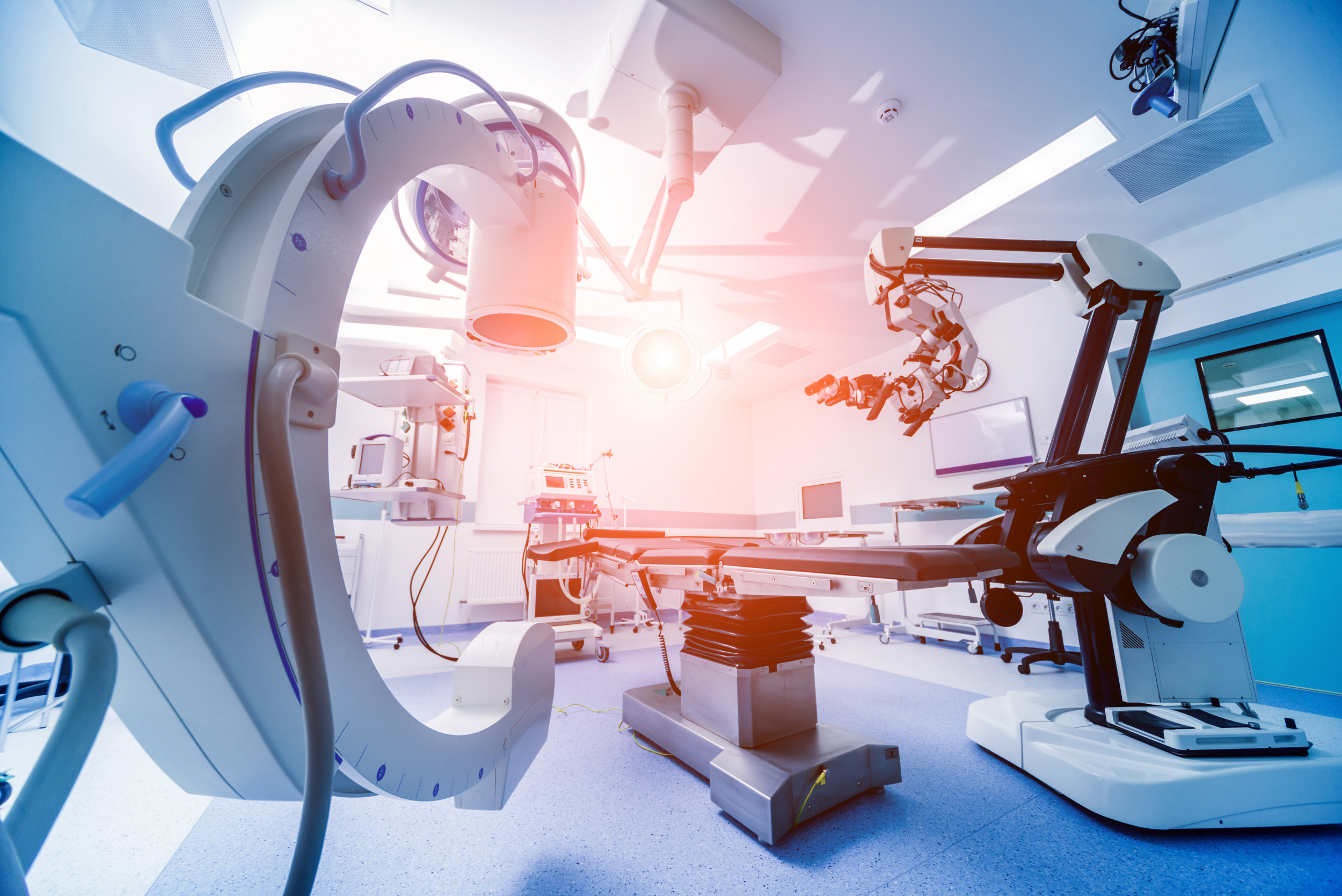
What makes a smart hospital? Last month, Newsweek published its list of the world's best smart hospitals, which was based on a survey that included recommendations from national and international sources. The survey covered five categories: digital surgery, digital imaging, AI, telehealth and electronic health records (EHRs).
But it's important for health care leaders to keep in mind that there's another category to measure, and it's the one that matters most to patients: the patient experience. Hospitals have to consider how all of that technology impacts consumers' lived experience of health care. That includes patients, their loved ones and caretakers.
A hospital can have the most sophisticated technology in the world, but if the critical hospital-consumer interface is lacking empathy and compassion, the hospital will still receive low marks from the people they serve. And that, in turn, will affect hospital reputation and profitability.
Patients who need to go to the hospital typically assume that the medical care they receive will be up to date, timely, appropriate and delivered with expertise. A patient coming in to have a stone removed from her gall bladder will not know much about the technology used to remove her stone. What she will be keenly aware of is how she is treated. Maya Angelou so aptly predicted, "People will forget what you said, they will forget what you did, but they will never forget how you made them feel." That statement could not be more relevant to the health care industry.
Health care professionals are usually drawn to medical careers because of an innate desire to help. Many are called to help others because they have firsthand experience of losing a loved one, suffering from personal illness or injury, or being close to someone whose life was impacted by disease or poor health. The natural-born empathy that exists in most people is high when medical students enter the world of medical training.
What happens next is alarming. Studies show that empathy starts to decline by the third year of medical school. Many factors contribute, including the cognitive overload from amassing huge volumes of new information, competition to excel, stress to perform, mastery of technology, being put on the spot and shamed, and observing role models on the wards who do not consistently demonstrate compassionate care.
Whereas there once was a rebound of empathy after the rigors of training were behind them, the stressful profession that medicine has become makes this rebound increasingly unlikely. Add to this a global pandemic that has stretched health care organizations to the maximum, and you have a workforce that needs empathy themselves so they can provide the compassionate care their patients need.
The authors of Compassionomics compiled studies on the effects of compassionate and uncompassionate health care, and show that a lack of compassionate care has significant consequences on patient safety, quality of health care, patient health outcomes, patient loyalty, hospital reputations, malpractice claims, employee satisfaction and retention, and the bottom line of hospital profitability.
Studies consistently show the disproportionate amount of time physicians spend on technology versus time spent with patients. A recent study showed that doctors spent about 52% of their time on activities indirectly related to patients, such as writing in medical records (45% of this time spent on computers), collaborating with other clinicians, looking for information needed to treat patients and handing off care to other providers. They spend about 28% of their day on direct patient care, including clinical exams and medical procedures and rounds, and only about 2% of their time communicating with patients and families. Approximately 6% of their time was spent teaching, receiving training or doing academic research.
The findings confirm other research that demonstrates the enormous administrative burdens placed on physician time and the frequent complaints from patients that their physicians don't spend enough time with them.
Research presented in The Empathy Effect (a book I authored) shows how attention and time with patients helps doctors focus on non-verbal and verbal cues by looking at them with interest and curiosity and by actively listening, rather than being distracted by the computer. Building trust and treating patients as collaborators pays high dividends on patient satisfaction and health outcomes. Emphasizing the interdependence of the patient-doctor relationship for achieving the best and most economical care requires getting to know the patient and treating all patients as VIPs.
This is all to say that providing a positive patient experience is not something that hospitals can take for granted. They must emphasize compassionate care as much as advanced technology.
To be sure, advances in technology can directly impact patients in a positive way, such as improving access to care through telemedicine and providing precision instruments to conduct surgical procedures. Furthermore, the EHR can be leveraged to provide just-in-time reminders for communication and empathy skills, not just results of lab tests and imaging studies.
Placing the patient at the forefront of technological advances accomplishes the goal of being an exceptionally "smart hospital," because a truly smart hospital will recognize that investing in relationships with the people they serve, and not focusing solely only the robots designed to treat them, will bring about an exceptional patient and clinician experience. Truth be told, both need to be treated as VIPs.
"smart" - Google News
July 07, 2021 at 03:33AM
https://ift.tt/3yuvzGR
What Makes an Exceptionally 'Smart' Hospital? - Newsweek
"smart" - Google News
https://ift.tt/2P2kUhG
https://ift.tt/3febf3M
Bagikan Berita Ini














0 Response to "What Makes an Exceptionally 'Smart' Hospital? - Newsweek"
Post a Comment